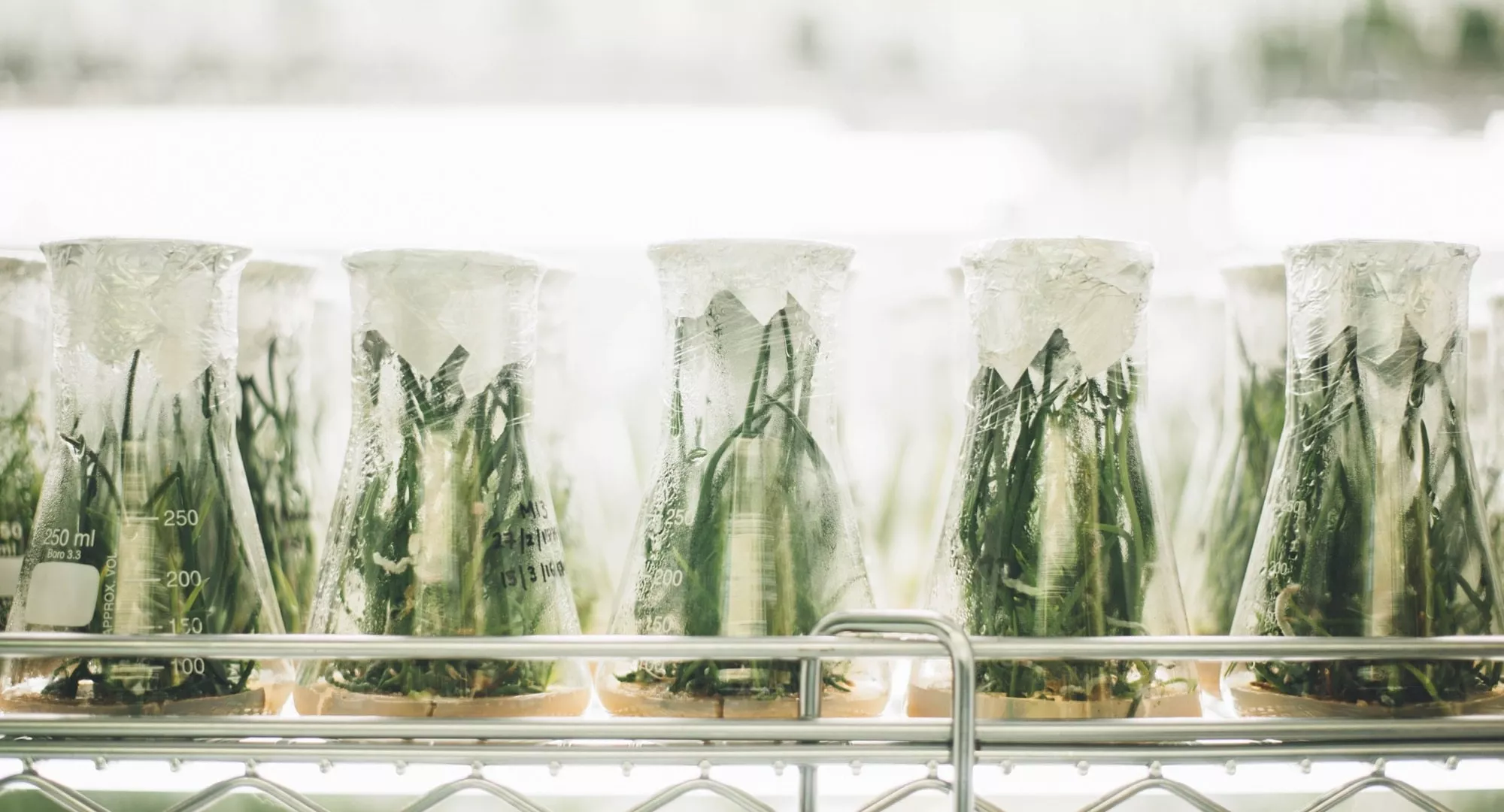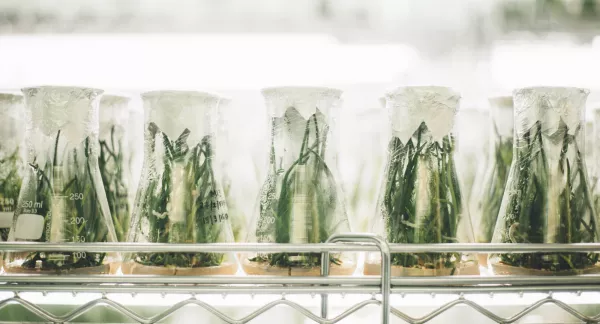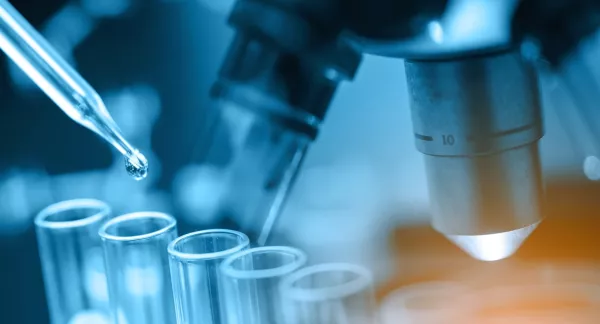
A New Rulebook for Effluent Organic Matter (EfOM): Redefining Optical Surrogates for Carbon-based Advanced Treatment (CBAT) in Potable Water Reuse
Abstract
Water reuse and advanced nutrient removal are becoming essential to meet future potable water demands, especially in inland states like Colorado, where non-membrane treatment approaches are needed due to the high cost of brine management. Colorado's new regulations for direct potable reuse encourage carbon-based advanced treatment (CBAT) processes, such as ozone-biofiltration and granular activated carbon, to reduce dissolved organic carbon (DOC) by 50-75%, also improving nitrogen removal. However, current industry practices for treating dissolved organic matter (DOM) are based on outdated assumptions, and this project aims to refine the understanding of effluent organic matter (EfOM) using advanced characterization techniques.
The goal is to develop more effective methods for monitoring and optimizing CBAT processes for water reuse and nutrient removal, with the end result being a practical framework for utilities to interpret optical surrogates in advanced wastewater treatment. The project is led by the University of Colorado Boulder with collaboration from various utilities and researchers.

